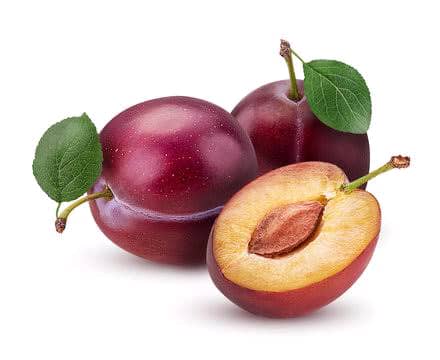
In the citrus family, the lemon stands out as a small yet powerful dynamo, renowned for its zesty flavor and versatile applications. Beyond its role as a culinary staple, the lemon unveils a nutritional profile that is surprisingly rich in essential vitamins, minerals, and antioxidants, making it a refreshing addition to both culinary creations and health-conscious diets.
At the forefront of the lemon’s nutritional prowess is its impressive vitamin C content. A single lemon can provide a significant portion of the daily recommended intake of this vital nutrient. Vitamin C, an antioxidant, plays a pivotal role in supporting the immune system, promoting skin health, and acting as a powerful free-radical scavenger. With each tangy squeeze of a lemon, one not only enhances the flavor of dishes but also infuses them with a burst of immune-boosting vitality.
Lemons are a low-calorie and low-carbohydrate fruit, making them a suitable addition to various dietary preferences, including those focused on weight management and blood sugar control. The natural sugars in lemons are accompanied by fiber, providing a balanced sweetness that distinguishes them from processed sugary snacks. This characteristic makes lemons not only a flavorful enhancer but also a health-conscious choice for those seeking a refreshing and nutritious option.
Citric acid, a natural component of lemons, contributes to their characteristic tartness and also offers potential health benefits. Citric acid has been associated with kidney stone prevention by increasing urinary citrate levels. Additionally, the acid content in lemons may aid in digestion by promoting the production of stomach acid.
The antioxidants found in lemons, including flavonoids and carotenoids, add to their potential health benefits. These compounds have been linked to anti-inflammatory effects and protection against oxidative stress. The colorful pigments in lemon zest contribute to its antioxidant richness, making the zest a valuable addition to culinary creations.

Lemons contain small amounts of essential minerals, including potassium. While the concentration is not as high as in some other fruits, the potassium content in lemons still contributes to maintaining proper heart function and supporting overall cardiovascular health.
The versatility of lemons extends beyond their nutritional content to their culinary applications. From enhancing the flavor of dishes to serving as the base for refreshing beverages, lemons have a place in kitchens around the world. Their ability to elevate the taste of both sweet and savory dishes makes them a staple not just for nutritional value but also for culinary creativity.
In conclusion, the lemon, with its zesty charm and nutritional richness, transcends its role as a citrus fruit to emerge as a small yet mighty dynamo. From immune-boosting vitamin C to digestion-friendly citric acid and versatile culinary applications, lemons offer a refreshing blend of essential nutrients. As we squeeze the juice or zest the peel of a lemon, we are not just enhancing flavors; we are partaking in a zesty nutritional experience that invigorates both the palate and the body.



